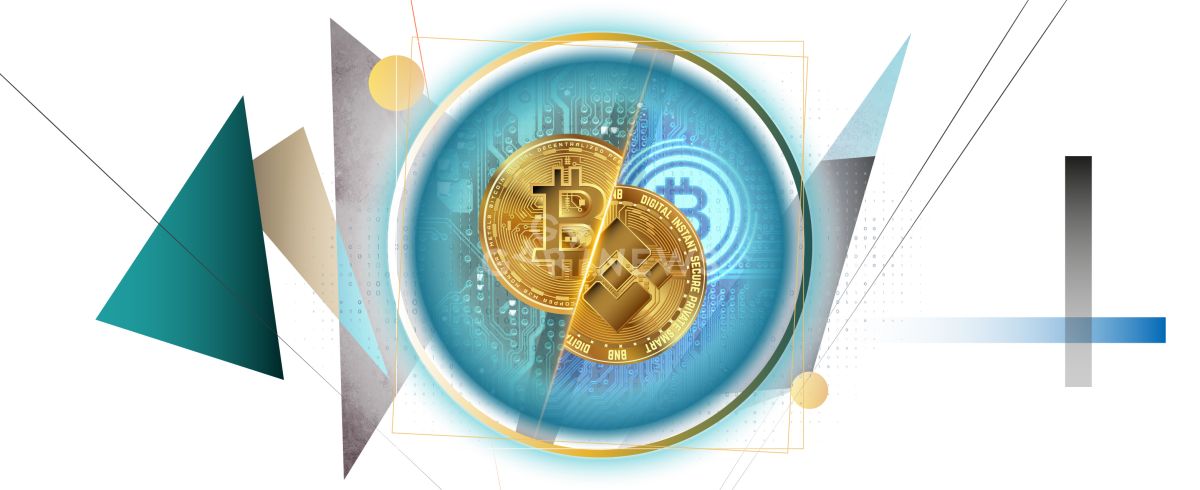What is the difference between a token and a cryptocurrency?

Token and cryptocurrency actually have fundamental differences that define the characteristics of each asset.
On this page
Cryptocurrency, or a “coin” is an asset that has its own blockchain. Coins enter circulation according to a certain consensus algorithm: Proof of Work (mining), Proof of Stake (staking), and so on.
Token does not have its own network. It is an asset that functions on someone's “off-the-shelf” blockchain. The coin is issued by writing a smart contract, therefore, at the time of its creation, emission on the market is at maximum. Token cannot be mined or staked; the issuer (creator) is responsible for the distribution and the sequence of the asset entering the market. The team creates tokenomics and, through smart contracts, can block coins and program their sequential release.
A coin can exist without a token, but a token without the “base” cryptocurrency with a functioning network – cannot. For example, if at one moment Solana stops working, all assets created on it will also “stop”. And this is a large list of large-cap tokens.
Assets representing the Solana ecosystem (Coingecko)
Despite the obvious technological difference, the success of a cryptocurrency and a token is not always tied to its own blockchain existence. According to Coinmarketcap, of the top 100 coins by market cap, tokens make up 30-35%. These are stablecoins, cryptocurrency exchanges coins, DEX platforms, credit protocols, etc. At the same time, many assets with their own network are outside the ratings, many of which turn out to be scams and “one-day” projects.
Often there is no need to create your own blockchain. If a crypto startup needs to create an internal currency that will act as a means of payment within the ecosystem, the functionality of the token is enough for this.
Thus, the advantage of a cryptocurrency over a token is greatly exaggerated. It is quite possible to implement a successful product based on a token, without using the extra costs of developing your own blockchain, and your own blockchain does not guarantee the success of a crypto project.
The content on The Coinomist is for informational purposes only and should not be interpreted as financial advice. While we strive to provide accurate and up-to-date information, we do not guarantee the accuracy, completeness, or reliability of any content. Neither we accept liability for any errors or omissions in the information provided or for any financial losses incurred as a result of relying on this information. Actions based on this content are at your own risk. Always do your own research and consult a professional. See our Terms, Privacy Policy, and Disclaimers for more details.


























